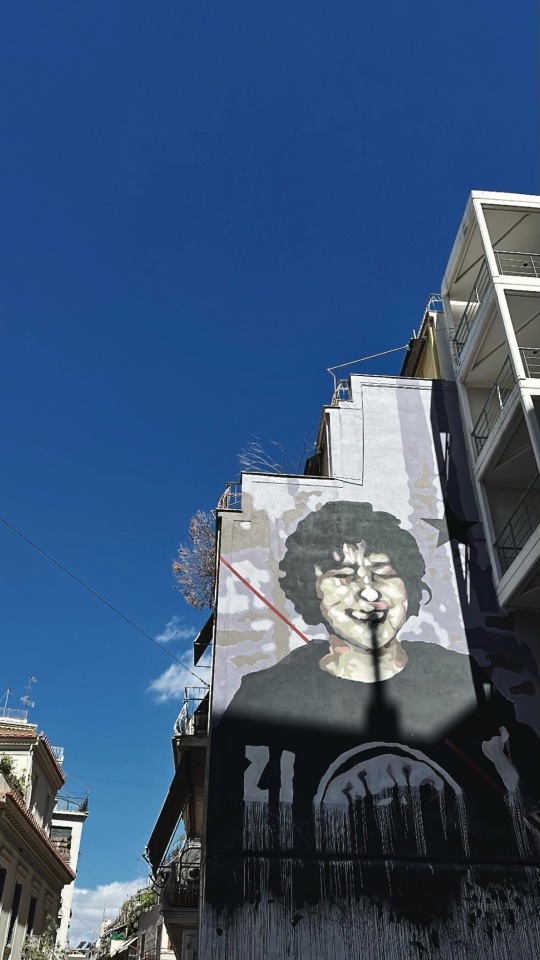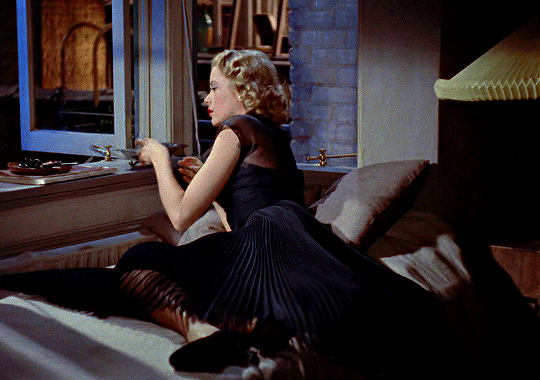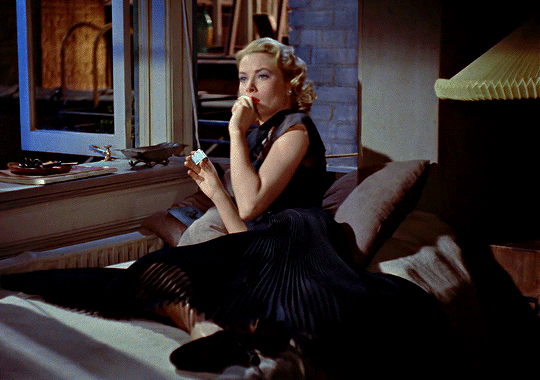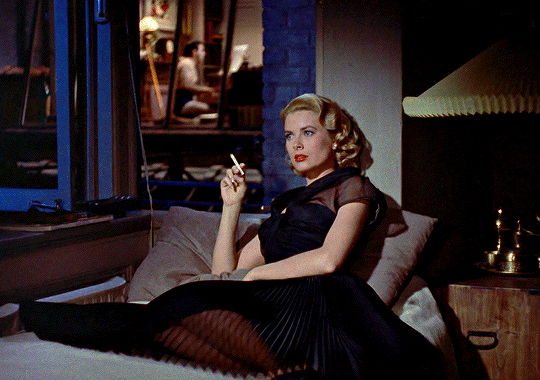Too ugly for the people I want. Too hot for the people who want me.
Don't wanna be here? Send us removal request.
Text
64K notes
·
View notes
Text
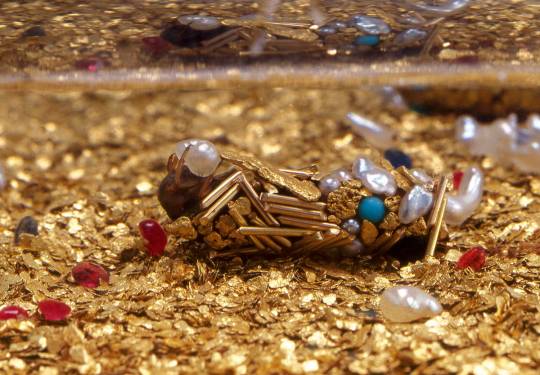

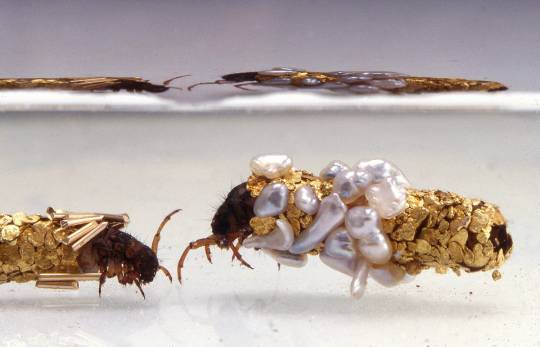
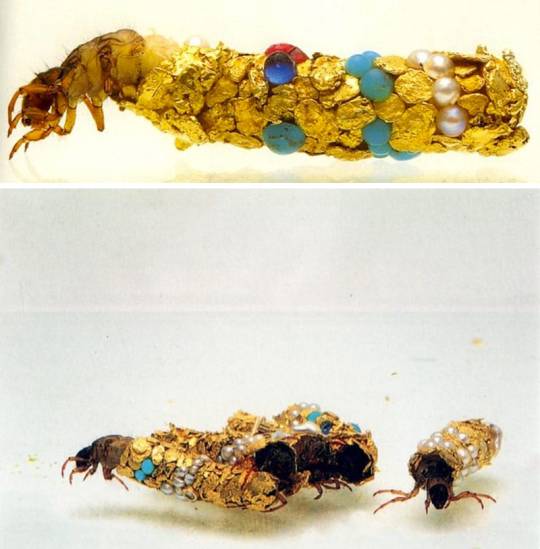
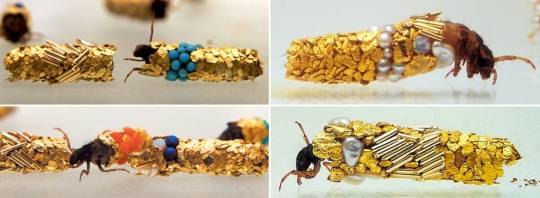
After years of observing these caddisfly larvae, French naturalist and artist, Hubert Duprat, wondered if the caddis flies would use any materials to build their cocoon. He introduced flakes of gold, pearls and opals to the caddis flies and they did in fact use them for their cocoons. They use their own silk as the glue to hold their pupal constructions together.
49K notes
·
View notes
Text
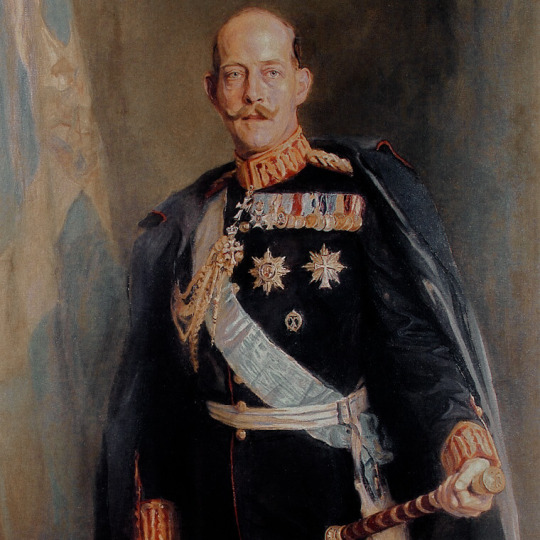

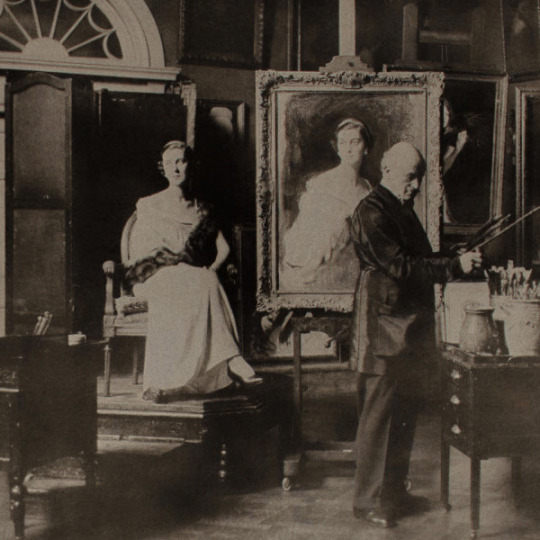

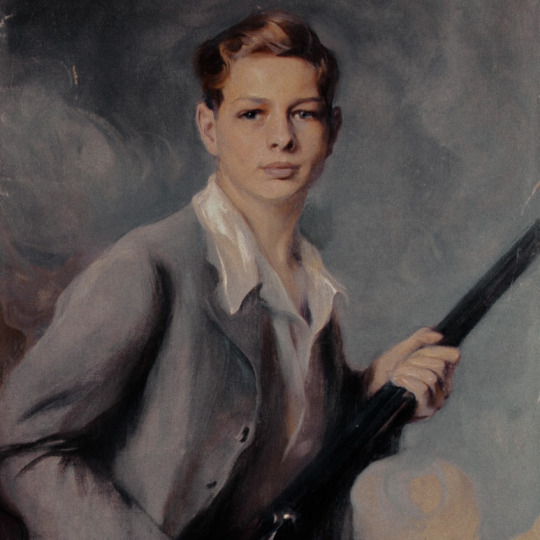
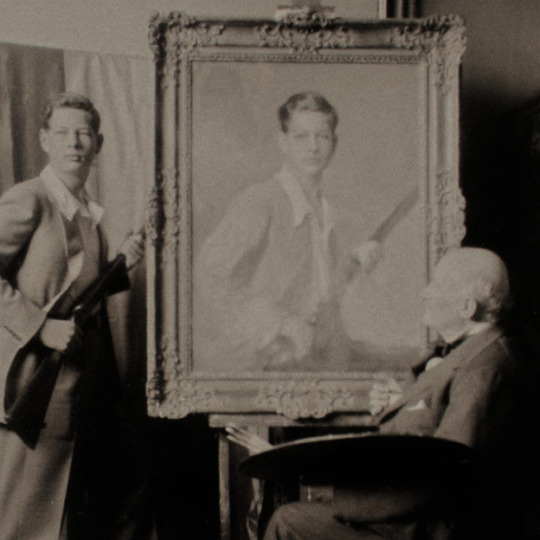


Various royals sitting for their portraits, painted by Philip de László, early 20th century.
“I am an artist of the world and paint history, not only individuals.” — Philip de László
202 notes
·
View notes
Photo





❝ Macedonian women…seem to have been much more visible and influential than their Athenian counterparts…The female members of the Ptolemaic dynasty certainly continued in this vein. These trailblazing women include Arsinoe II (316-270 BCE), who instituted brother-sister marriage as a defining feature of the dynasty, acted as co-ruler alongside her brother-husband, and was deified upon her death; and Cleopatra Syra (205-176 BCE), who married into the Ptolemaic dynasty from the neighboring Seleucid dynasty…Cleopatra Syra served as regent for her young son Ptolemy VI, and so became the first Ptolemaic queen to rule without her husband. And there was also the first Cleopatra Selene, who ruled Egypt alongside two of her brothers in succession. She then left Egypt to marry into the Seleucid dynasty and became queen consort to Antiochus VIII of Syria, later queen regnant, ruling in conjunction with her son Antiochus XIII. These powerful women established a template for female rule in the Hellenistic and Roman periods that Cleopatra VII would follow and that Cleopatra Selene (II), in turn, would adapt as Queen of Mauretania. They demonstrated how queens - whether regnant, regent, or consort - could wield considerable power politically, militarily and culturally over extended periods of time. ❞
─ Jane Draycott, Cleopatra’s Daughter: Egyptian Princess, Roman Prisoner, African Queen
410 notes
·
View notes
Text
28 notes
·
View notes
Text
Aristocratic Tiaras Exhibition
Sotheby’s will be showing fifty tiaras from British aristocratic families as part of their Jubilee Arts Festival celebrating the 70th anniversary since Queen Elizabeth II’s coronation. The ‘Power & Image: Royal & Aristocratic Tiaras’ exhibition runs from May 28th to June 28th and is free to attend. You can find out more about visiting here. In addition to the aristocratic tiaras on display there will be contemporary tiaras by British jewelers available for sale.
Empress Joséphine of France’s Cameo Tiara by Jacques-Ambroise Oliveras, circa 1805
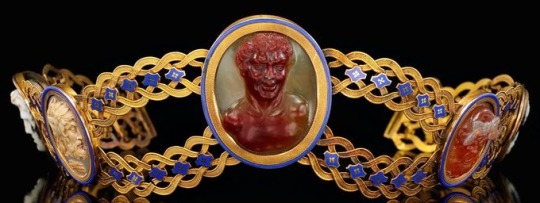
Duchess of Westminster’s Bagration Spinel Tiara by Fossin, early 1800s

Countess Fitzwilliam’s Diamond Tiara, circa 1820

Emerald & Diamond Tiara, early 1800s

Laurel Diamond Tiara, 1830s
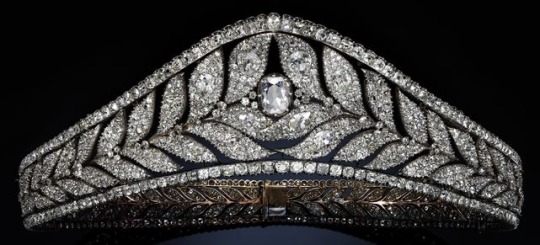
Countess of Rosebery’s Primrose Tiara, 1830s

Queen Victoria of the United Kingdom’s Emerald Tiara by Joseph Kitching, 1845

Duchess of Devonshire’s Diamond Honeysuckle Tiara, 1865

Countess of Rosebery’s Diamond Tiara, 1878

Duchess of Norfolk’s Pearl & Diamond Tiara, circa 1880

Countess Mountbatten of Burma’s Diamond Ivy Necklace Tiara, 1880s

Diamond Kokoshnik Tiara, circa 1890 (for sale)

Marchioness of Zetland’s Diamond Tiara, circa 1890

Marchioness of Anglesey’s Diamond Tiara, circa 1890 (for sale)
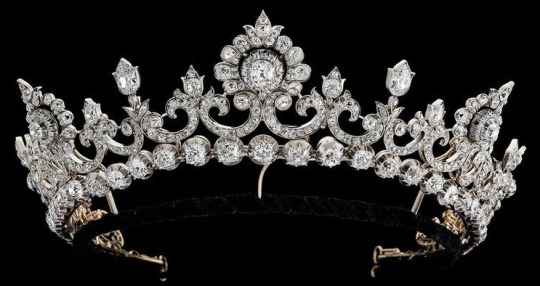
Countess of Derby’s Diamond Palmette Tiara by Skinner, circa 1890
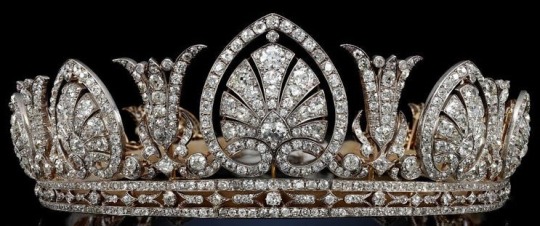
Duchess of Devonshire’s Diamond Palmette Tiara by Skinner, 1893

Marchioness of Linlithgow’s Diamond Tiara, late 1800s

Diamond Heart Tiara by Carrington, early 1900s
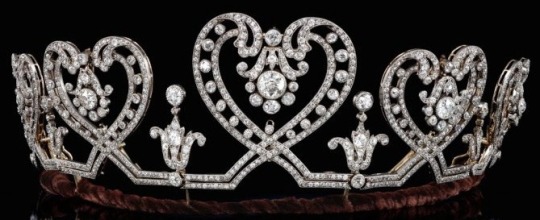
Baroness Howard of Henderskelfe’s Wave Tiara by Cartier, 1904
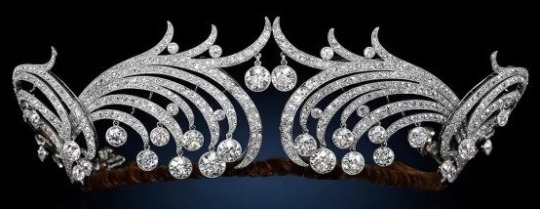
Duchess of Westminster’s Diamond Halo Tiara by Lacloche Freres, 1930

Countess Spencer’s Diamond Tiara by Garrard, 1937 using earlier pieces
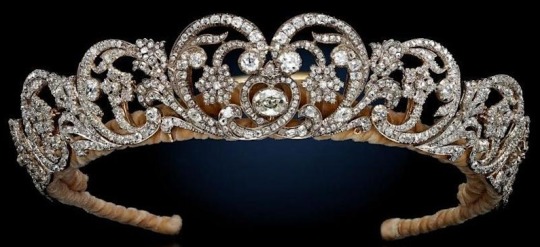
Turquoise Tiara by Van Cleef & Arpels, 1960s
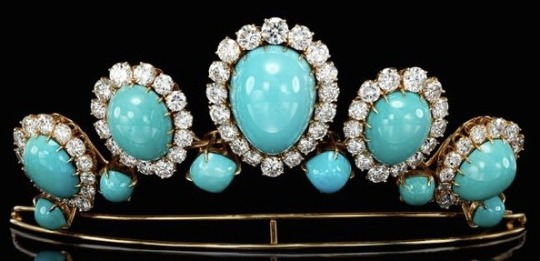
Duchess of Kent’s Pearl Fringe Tiara, 1970s using earlier pieces
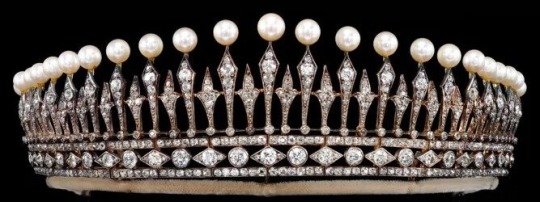
Gold Forget-Me-Not Tiara by Christopher Thompson Royds, 2022 (for sale)

Diamond Kokoshnik Tiara by Kiki McDonough, 2022 (for sale)

599 notes
·
View notes
Text
Wheat Tiaras
Princess Pauline Bonaparte’s Ears of Wheat Tiara by Nitot, circa 1811
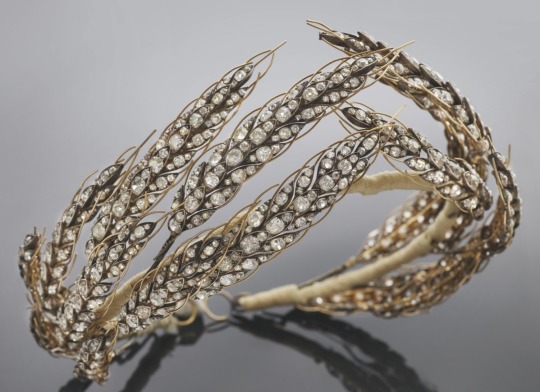
Empress Marie Louise of France’s Ears of Wheat Tiara by Nitot, 1811 and later made into a tiara by Chaumet
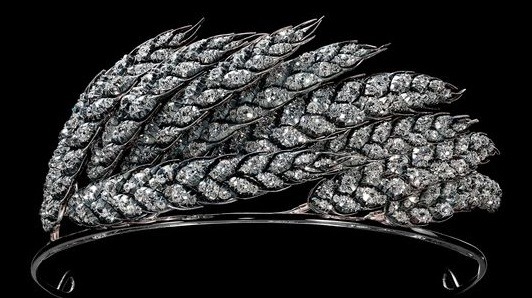
Empress Maria Feodorovna of Russia’s Field Diadem by the Duval Brothers, early 1800s
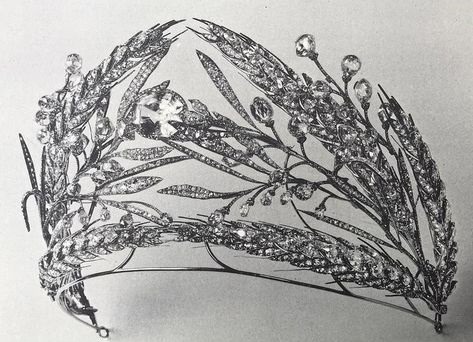
Citrine Wheat Tiara, 1830s
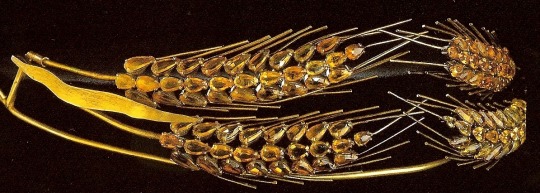
Landgravine of Hesse’s Ears of Wheat Tiara

Turquoise Wheat Tiara

Diamond Ears of Wheat Tiara by Chaumet

Countess of Crèvecœur’s Wheat Tiara by Chaumet, 1910 using ears of wheat made by Nitot circa 1811
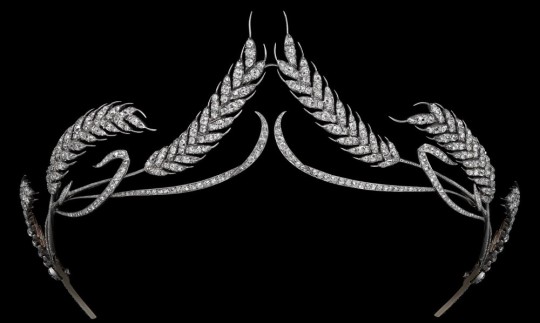
Argos Tiara by Axenoff

Offrandes d’été Tiara by Chaumet, 2016

Tiara Motifs 23 of ∞
4K notes
·
View notes
Photo








Marie Antoinette (2006) dir. Sofia Coppola
6K notes
·
View notes
Photo










MARIE ANTOINETTE (2006) dir. Sofia Coppola
2K notes
·
View notes
Photo
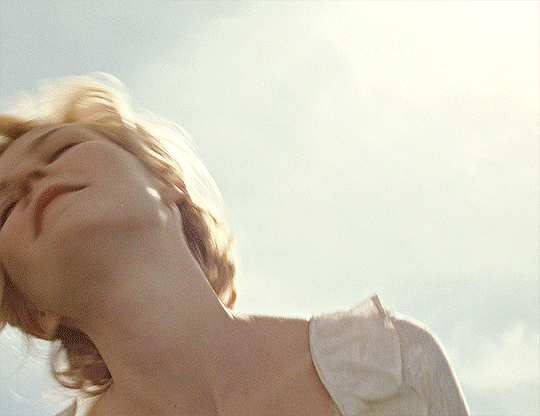
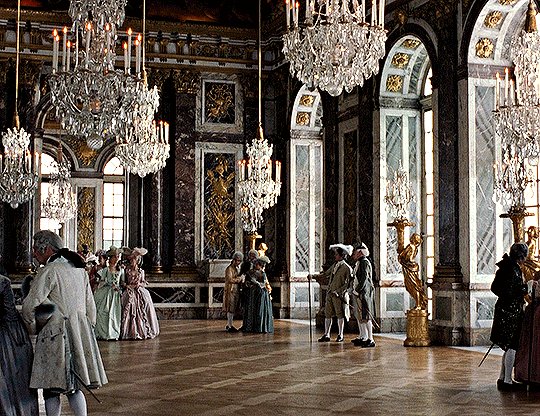
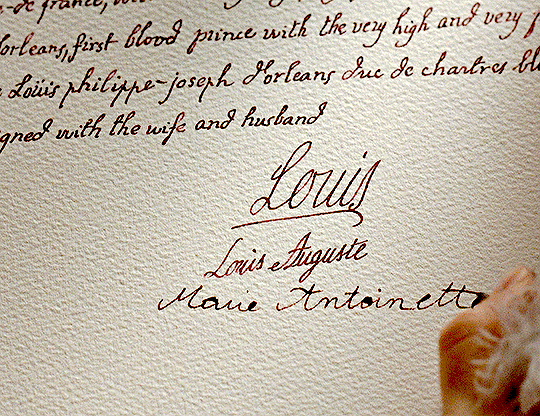
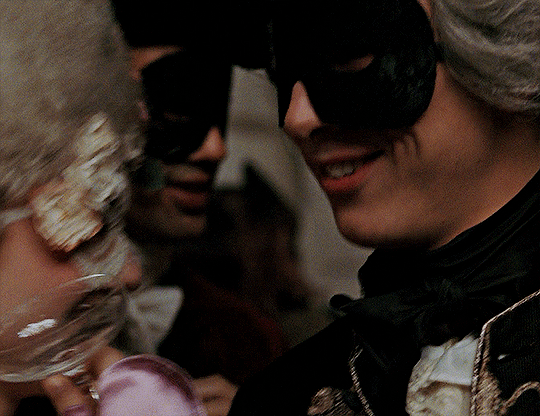


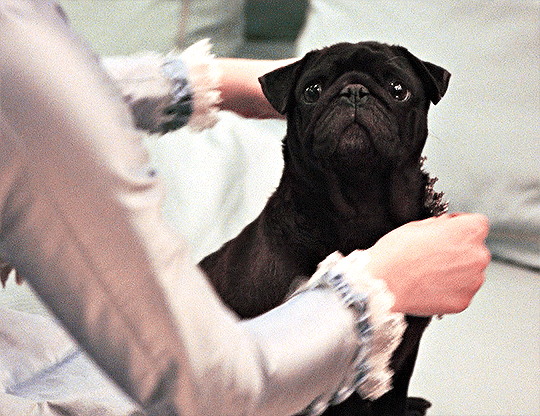
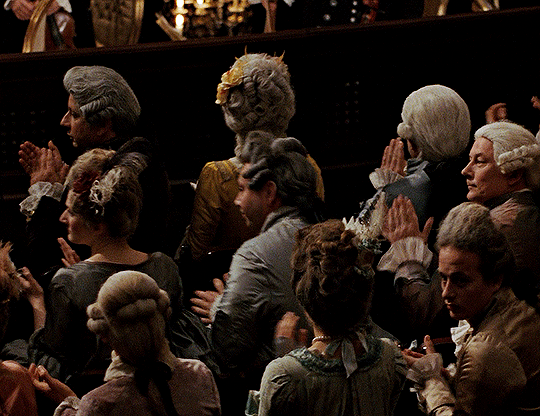
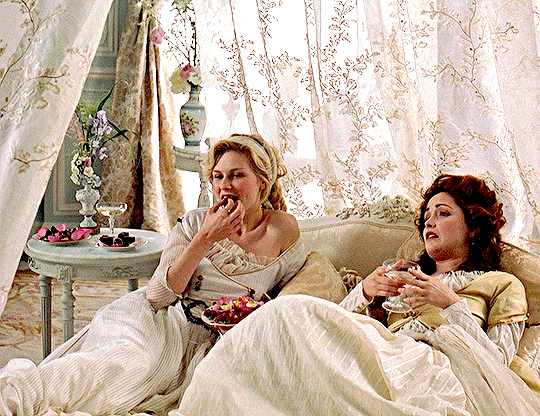

Letting everyone down would be my greatest unhappiness.
MARIE ANTOINETTE (2006) dir. Sofia Coppola
3K notes
·
View notes






